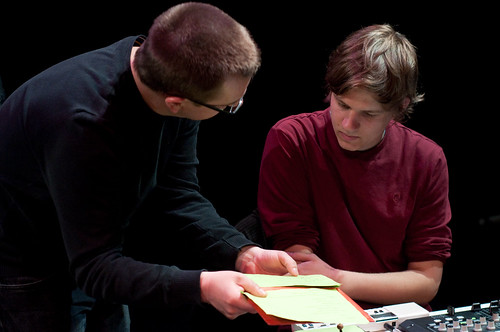
Many service providers agonize over how to price their services. If the number is too high, it might scare away potential clients; if it's too low, you're providing your services on the cheap.
What's the solution? Ask about the budget before discussing the price.
Start the conversation by discussing the client's specific needs, and scope out, in general terms, the results that both of you expect from the service you'll be providing. At that point, ask, "What kind of budget did you have in mind?"
You'll get one of three possible answers:
- "We don't have a budget yet."
- "About how much will this cost?"
- "The budget is around $xxxx."
Answer No. 3 means money in the bank, but before I explain why, let's go over how to handle the other two answers.
Answer No. 1: "We don't have a budget yet."
The potential client is not really a potential client. His company is not ready to buy, so it's pointless to talk about price.
Instead, turn the conversation to the budgeting process. Find out how budget decisions are made, how (and what) his company has paid for similar services in the past, and what you need to provide to help the client secure a budget, who the decision-makers are, etc.
Work through the budget process until the client comes up with a number. Skip directly to Answer No. 3.
Answer No. 2: "About how much will this cost?"
In this case, the potential client already has a budget in mind and wants to know if you're in the ballpark of what he's thinking.
If you hear this answer, do not stonewall in the hopes of getting a budget number. You'll only irritate the client.
Instead, quote a range of prices, with the final price dependent upon the exact amount of work involved. This isn't ideal, but you're no worse off than if you had launched into a price discussion without trying the question.
Answer No. 3: "The budget is around $xxxx."
In my experience, Answer No. 3 comes up about 60% of the time, especially if the client contacted you rather than the other way around. In either case, that number reflects the value the client puts on the service you provide.
That's a really good thing to know, because if you know your service is top quality, you deserve top dollar, and top dollar is defined as the highest amount somebody is willing to pay for something.
When you hear Answer No. 3, respond as follows:
- If the number is absurdly low, explain that your service is not in his company's price range and suggest an alternative.
- If the number is anywhere within reason, your answer is always: "I can work within that budget."
In my experience, the client will often state a budget number that's bigger than what you were considering on your own. Sometimes a lot bigger.
For example, one time a major magazine asked me to ghost write a long advertorial over the Christmas holidays. (I won't say which magazine it was, but the name begins with a W, ends with a d, and consists of five letters.)
I was thinking about charging $10,000 but instead asked the magic question. The magazine's answer: $20,000. Which is what I got paid. Because the magazine probably charged the advertisers an order of magnitude more than what it paid me, I felt not a pang of guilt.
This is only one example of how this question has worked to my advantage. Over the two decades I've been an independent writer, that question has made me probably somewhere around $250,000.

No comments:
Post a Comment